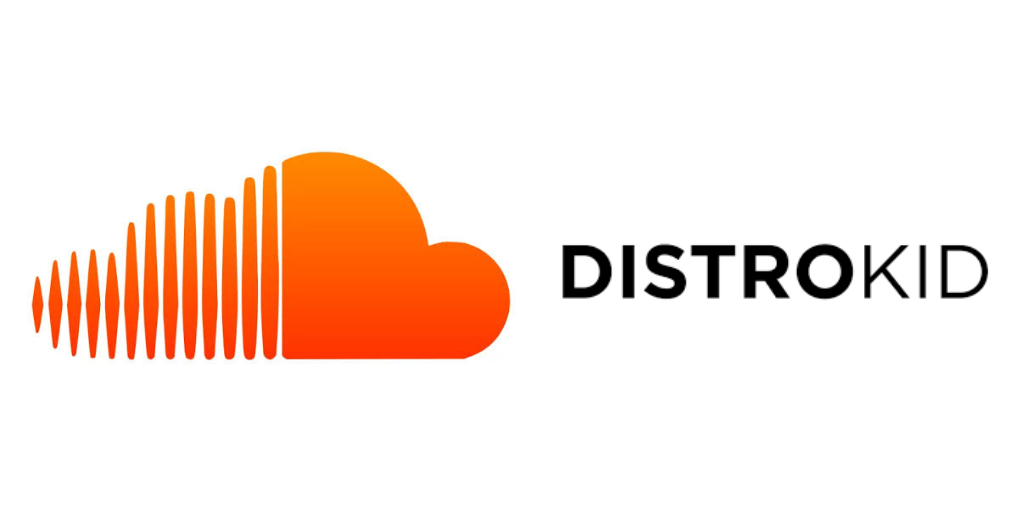
SoundCloud vs DistroKid: What’s the Difference and Which Do You Need?
SoundCloud vs DistroKid
If you’re making music in 2025, chances are you’ve heard of SoundCloud and DistroKid. But here’s the thing: these two platforms do completely different jobs.
So, asking “which one should I use?” is kind of like asking if you should use Instagram or UPS—one is for getting seen, the other is for delivering things.
Let’s break down what each platform actually does and how you, as an independent artist, can use them together to build your music career.
What SoundCloud Actually Does
SoundCloud is a streaming and discovery platform.
You upload your tracks, people listen, and (if you’re lucky) share and comment. It’s all about community, exposure, and feedback.
When to Use SoundCloud:
-
To test out new tracks, demos, or ideas
-
To connect directly with fans or other artists
-
To get real-time feedback and build a following
-
To share unreleased material or remixes
Bottom line: SoundCloud is for sharing music quickly and engaging with an audience in a casual, social way.
What DistroKid Actually Does
DistroKid is a digital music distributor.
It’s not a platform where people listen to music directly (like SoundCloud or Spotify). Instead, DistroKid’s job is to upload your music to places like Spotify, Apple Music, YouTube Music, Tidal, and more.
When to Use DistroKid:
-
When you’re ready to release a track or album officially
-
To get your music on all major streaming services
-
To collect streaming royalties from platforms like Spotify
-
To maintain a professional artist presence across the web
Bottom line: DistroKid doesn’t build your fanbase. It delivers your music to stores and helps you get paid.
Free vs Paid: How Much Does Each One Cost?
SoundCloud:
-
Free tier: Up to 3 hours of uploads
-
Pro plans: $8–$16/month for more uploads and analytics
-
Monetization (SoundCloud Premier) available to eligible users
DistroKid:
-
No free plan
-
Starts at $22.99/year for unlimited uploads
-
You keep 100% of your royalties
-
Optional extras for things like YouTube Content ID and sync licensing
Ownership and Monetization
SoundCloud:
-
Great for gaining exposure
-
Monetization is possible but limited and selective
-
Fans can stream, like, and comment—but rarely purchase
DistroKid:
-
Helps you get paid from Spotify, Apple Music, etc.
-
100% of earnings go to you (after platform takes their cut)
-
You retain full ownership of your music
Who Controls the Release?
SoundCloud: Instant Publishing
Upload, publish, done. You control when and how your music goes live, and you can delete or change it at any time.
DistroKid: Official Distribution
You set a release date, upload cover art, enter metadata (songwriters, ISRCs, etc.), and DistroKid takes care of delivering it to platforms. It’s the official, professional route.
Which One Builds Your Career?
This is where many artists get stuck.
-
SoundCloud helps you grow your brand and audience
-
DistroKid helps you sell your music and collect royalties
They are not competitors. They are tools for different stages of your music journey.
Use SoundCloud to:
-
Build a fanbase
-
Share early versions or ideas
-
Interact with other artists
-
Post tracks that don’t need official release
Use DistroKid to:
-
Release music to Spotify, Apple Music, and more
-
Get paid for streams and downloads
-
Build your artist discography across platforms
-
Establish your professional presence
Final Thoughts: You Don’t Have to Choose—Use Both
In reality, most serious independent artists use both SoundCloud and DistroKid.
Here’s a smart strategy:
-
Upload works-in-progress or experimental content to SoundCloud
-
Release polished singles, EPs, or albums through DistroKid
That way, you keep growing your fanbase and get paid from major streaming platforms.